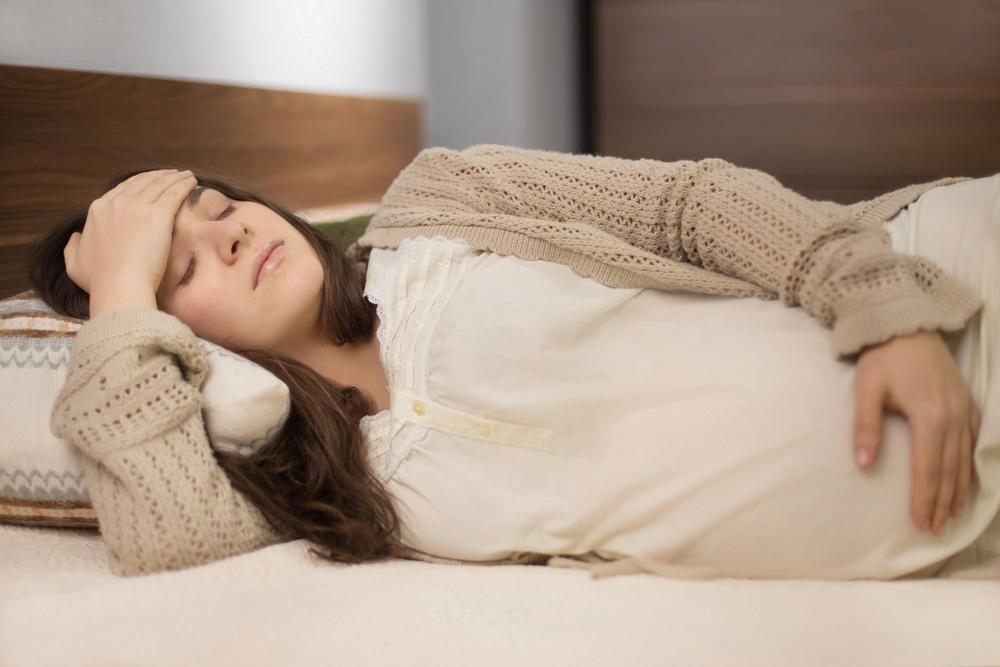Comprehensive Guide to Busting Common Women's Health Myths
This comprehensive article dispels common myths about women’s health, covering topics like menopause-related weight gain, calorie restriction, sleep needs, and sexual desire. It offers science-based insights to help women make informed health choices and adopt sustainable, healthy lifestyles during different life stages. By addressing misconceptions, women can better understand their bodies, improve their well-being, and reduce unnecessary fears or harmful practices.

Comprehensive Guide to Busting Common Women's Health Myths
In today’s fast-paced digital age, the dissemination of health information occurs rapidly through various platforms. However, not all information circulating online is accurate or credible. This proliferation of misinformation can lead women to believe in myths that might negatively influence their health choices and behaviors. It is essential to differentiate between evidence-based facts and misleading misconceptions to ensure women can make informed decisions about their well-being.
This article aims to clarify some of the most common myths surrounding women’s health, providing clear, science-backed explanations to promote better understanding and healthier lifestyles.
Myth 1: Weight Gain During Menopause Is Unavoidable:
Many women fear significant weight gain during menopause, believing it to be an inevitable part of aging. While hormonal changes such as decreased estrogen levels can lead to shifts in body composition, this doesn’t mean weight gain is unavoidable or permanent. In fact, managing weight during menopause is achievable through balanced nutrition, regular physical activity, and lifestyle modifications. Extreme dieting or fasting, on the other hand, can be detrimental to overall health, leading to nutritional deficiencies and hormonal imbalances. Understanding that they can control their weight helps women adopt sustainable habits that support their health during this transition.
Weight fluctuations during menopause are part of normal hormonal fluctuations, primarily driven by changes in estrogen and progesterone. Engaging in strength training, maintaining a balanced diet rich in fiber, lean proteins, and healthy fats, and staying active can help mitigate weight gain and promote overall wellness during this phase of life.
Myth 2: Cutting Calories Drastically Is the Best Way to Lose Weight:
Many women believe that severely restricting calories or following low-fat, low-calorie diets is the key to effective weight loss. While short-term calorie reduction might lead to initial weight loss, it is not a sustainable or healthy long-term strategy. The human body requires essential nutrients, including fats and carbohydrates, to function optimally. Overly restrictive diets can slow metabolism, cause fatigue, weaken the immune system, and lead to nutrient deficiencies. A more effective approach involves adopting a balanced diet that includes diverse food groups, moderate calorie intake, and regular exercise. Maintaining metabolic health and avoiding nutritional deficits are crucial for sustainable weight management.
Individual metabolic rates vary, with some women naturally burning calories faster than others. Therefore, personalized nutrition plans and lifestyle adjustments are necessary for long-term success in weight management.
Myth 3: Sleep Needs Decrease With Age:
A widespread misconception is that adults require less sleep as they age. However, experts agree that the need for approximately 7-9 hours of quality sleep remains consistent throughout adulthood. While aging can influence sleep patterns, causing lighter or more fragmented sleep, it does not diminish the body’s requirement for rest. Proper sleep is essential for hormone regulation, immune function, cognitive health, and emotional well-being. Poor sleep quality can exacerbate health issues such as weight gain, depression, and cardiovascular problems. Therefore, prioritizing sleep hygiene and creating a conducive sleep environment are vital at any age.
Women experiencing menopause or aging may face sleep disturbances, but addressing underlying causes like stress, hormonal imbalance, or medical conditions can improve sleep quality significantly.
Myth 4: Declining Sexual Desire Is Inevitable With Age:
Many believe that aging inherently causes a decrease in libido, but research suggests otherwise. Factors influencing sexual desire include hormonal balance, emotional health, relationship quality, and overall physical health. Menopause-related hormonal changes can affect libido, but these effects are not uniform or inevitable. Women can maintain an active and satisfying sex life through hormone therapies, communication, and healthy lifestyle choices. It is also important to understand that diminished sexual desire can sometimes signal underlying health issues or emotional concerns rather than aging itself. Open dialogue with healthcare professionals can help develop strategies to preserve sexual health and intimacy at any age.





